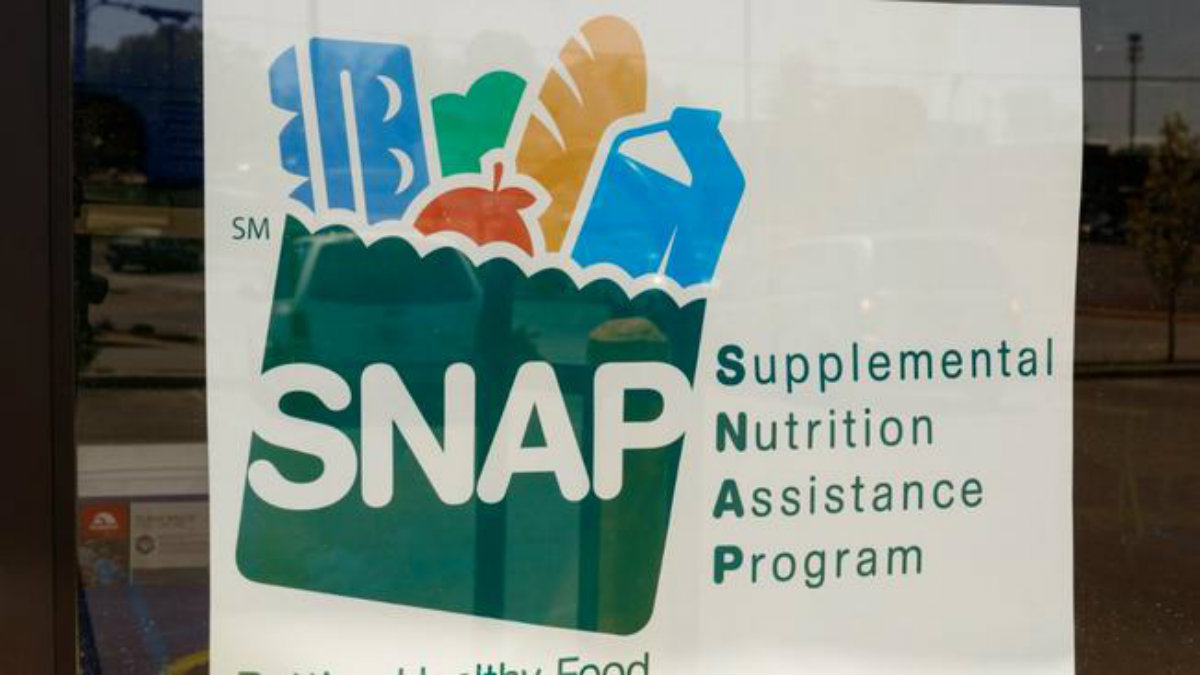Melina Alvarez is still waiting.
She and her husband, Luis Cabrera, who have been married 18 years, devoted themselves to their careers for most of their adult lives. Cabrera is an attorney, and Alvarez an architect with an enviable flair for interior design.
Their sleek, well-decorated Miramar home harbors a quiet emptiness that Alvarez conceals behind a polite smile. She has always wanted to be a mother.
When she could not conceive and medical therapies didn't help, her sister-in-law inspired an idea.
"She brought this beautiful girl from Russia and we all fell in love with her," Alvarez recalled of first meeting her adopted niece. "My husband and I, I remember one day we looked at each other and we were with her and like ... you know what? This is it. This is what we have to do."
Last June the couple began an arduous process of making arrangements to adopt a child from Russia.
"It was gonna be a girl, three years old, or less," said Alvarez, reminiscing with a smile.
She began picking out furniture to adorn her future daughter's room: a crib, shelves, a custom-made toy chest. She even started sewing pink curtains together by hand. "I haven't finished them," she said.
VIDEO: Gay Man, Lesbian Couple All to Be On Daughter's Birth Certificate
Local
The couple flew to New York for a 30-hour weekend adoption course. In all, Alvarez counts 80 hours the two spent in special classes, and $25,000.
Then came the heartbreak.
Before the end of 2012, Russian leaders moved to formally ban Americans from adopting children from their country. President Vladimir Putin signed the measure, and it became effective Jan. 1, 2013. Senior government officials there cited recent deaths of Russian children in the care of their American adoptive parents.
But Florida Sen. Marco Rubio insists the real motive is an American law that angered Moscow: the Magnitsky Act, a measure passed in December, which bars Russian human rights violators from entering the United States.
"I don't think there's any doubt that this is a political play," he said.
Cuban Blogger Yoani Sanchez Meets With Rubio
Rubio's frustration rings personal. His own sister adopted two twin girls from Russia in 2003. His nieces are now 10 years old.
"You have a political leadership in Russia that doesn't care," Rubio said. "They'd rather make a political point and exact revenge, even if it means punishing children."
It means punishing Alvarez, too. She never got to meet the child she would have named "Melania;" the girl whose initials she hung on a wall.
"It was hard to even think about," she remembered of learning the news. "All children need a family."
Her heart breaks for the children stuck in orphanages, especially those who have already come face to face with their would-be parents on a required preliminary visit to the country.
"There are children that for sure are thinking ... what happened with this? Where's my mom? She told me she was coming back, and she's not coming back," Alvarez said.
The number of Russian children finding American homes has fluctuated in recent years. The U.S. State Department counts 32,153 children adopted from Russia since 2002.
"This is an outrage," Rubio said of the prohibition. He is working with Alvarez and other families in hopes of completing adoptions initiated before the ban. "The truth is that most of these kids who are not being adopted will meet a very terrible fate in the home country of Russia ... many of them will never be cared for, they'll never find a home. Some have special needs that'll never be met because Russia's incapable of meeting these special needs."
But the senator laments the U.S. can't force Russia to change its own law.
Instead, he intends to keep the spotlight on what he calls a tragedy.
"We need to continue to shame Russia in every international forum, in every opportunity that we have, to point to the Russian government and what they've done here as a shameful thing that history will record as an atrocity," Rubio said.
Walking into her solitary "baby room" is "very sad," Alvarez admitted. "I don't understand how the government can put children in the middle of politics."
She has since turned her adoption efforts to neighboring Ukraine. She wants to hang her homemade curtains for someone. Alvarez said she would love to adopt five children, and still hopes one will be a daughter from Russia.
Holding the frilly, feminine, incomplete curtains in her hands, Alvarez spoke with resolve about more than just window treatments. "I have to finish this. I'm gonna finish this."



